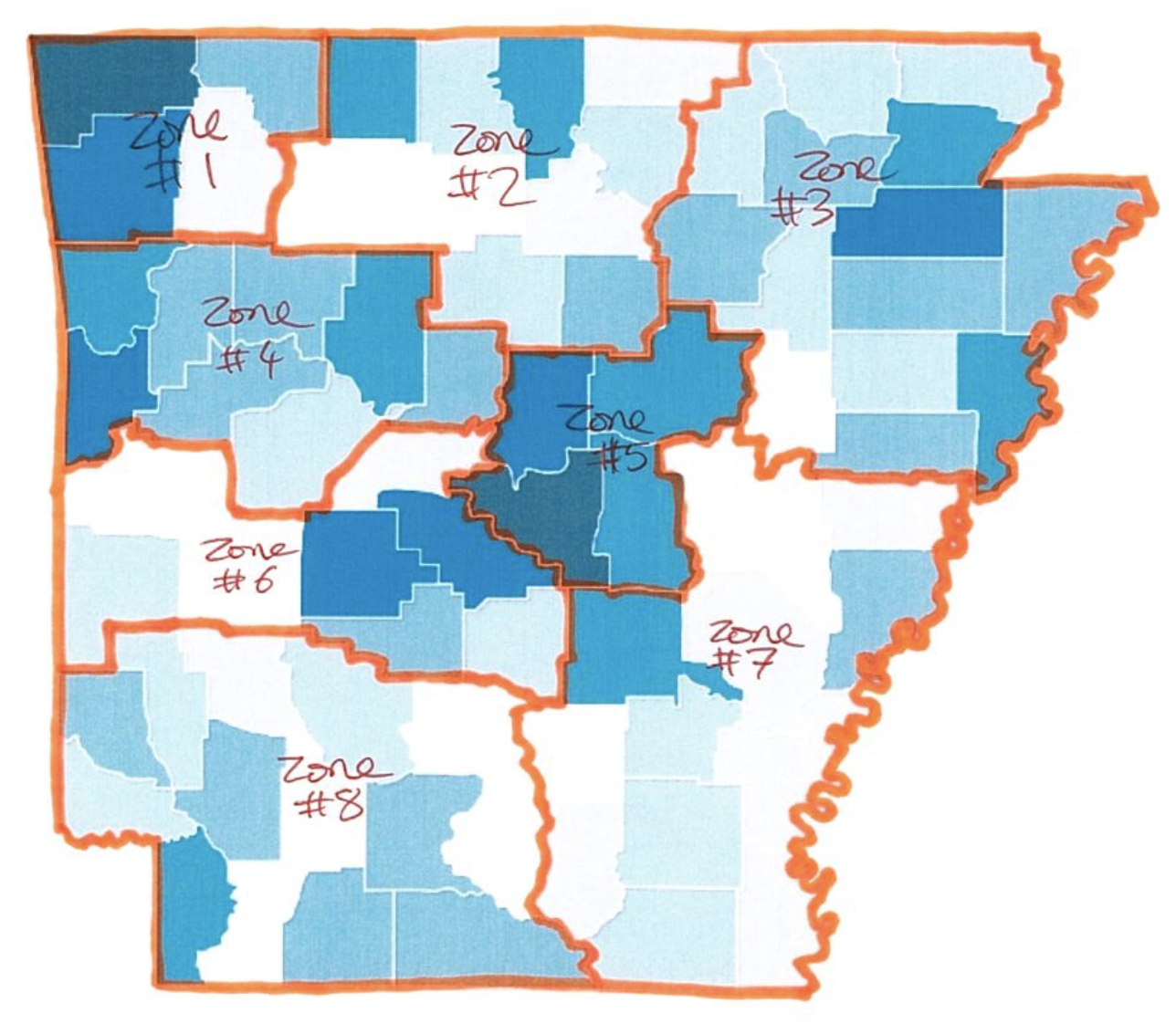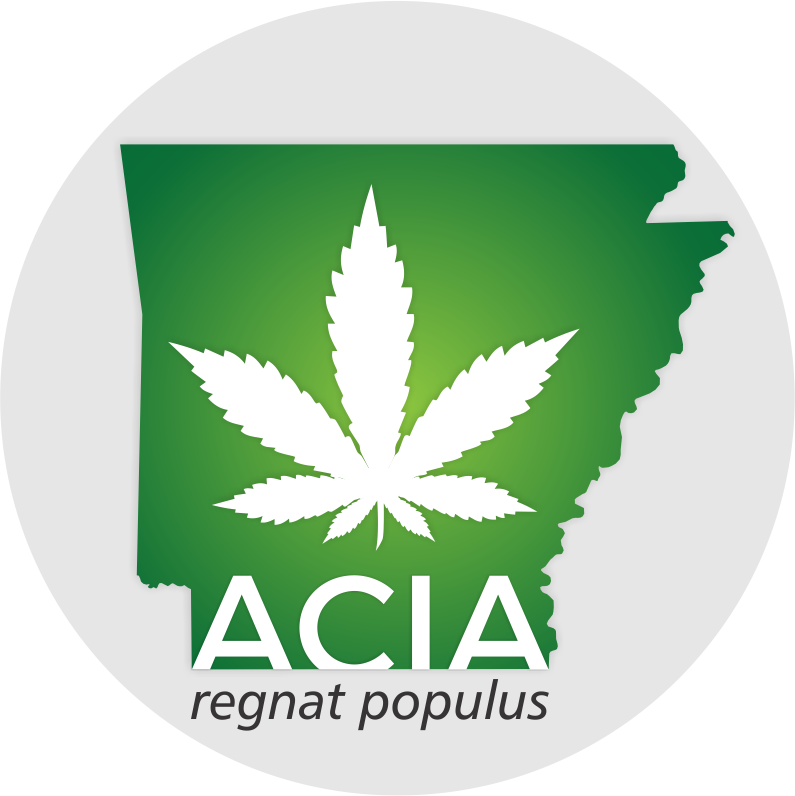This is the first commission meeting since the public hearing on the prospective rules and regulations that occurred last Friday.
All commissioners are present this evening.
Joel DiPippa gave an update on the legislation that was passed that will affect the rules and regulations proffered by the Medical Marijuana Commission. He also added that there is no indication given from the Governor’s office that any of the pending medical marijuana legislation sitting on his desk will be vetoed.
Dr. Carlos Roman voiced his opposition to the bill that requires a pharmacist consultant to be available to patients at every dispensary citing unnecessary demands put upon dispensary owners and its incongruence with the medical marijuana amendment that Arkansas voted on. Dr. Stephen Carroll, in opposition, stated that the concerns about drug interactions for the patients should override the operational concerns of the dispensary owners.
Next, the commission reviewed the public comments received this past Friday. Mary Robin Casteel pointed out comments brought up at the hearing that weren’t under the purview of the ABC and MMC rules and regulations. This includes the 3,000’ requirement for cultivation facilities to be located from schools, daycares, and churches. They are also unable to change the 50 plant limit imposed on growing dispensaries. She also clarified that diversity, a popular topic at the public hearing, remains in the selection process for cultivation facilities.
Mary Robin pointed out that the most frequent public comment was about changing the dispensary selection process to being merit-based as opposed to a lottery system. Also, the issue about bankruptcy disqualifying potential applicants was a popular comment. James Miller made a motion to limit the bankruptcy exclusion for potential applicants.
The commission discussed the public comments about dispensary license selection – lottery (as it stands now) versus a merit-based system. The discussion was very lengthy. The final agreement and motion changed the system to a merit-based application process. A lot of talk centered around the logistics of grading dispensary applications on a merit-basis when some will opt to grow and others won’t while still using the same application grading rubric.
The commissioners agreed that they wanted the license applications to be de-identified, so that they won’t know the names of the individuals applying for the licenses.
Joel DiPippa stated that the 4% value-added tax (HB1580) is estimated to raise $2.47M annually. The sales tax on medical marijuana is estimated to generate $2.0M annually. He estimates the annual expenses of administering the medical marijuana program at $5M.
The discussion then turned to the dispensary zones, and how many dispensaries are allocated to each of the eight identified population regions. As of now, the dispensaries are allocated strictly based upon population. Some of the commissioners were concerned that the patient needs for medical marijuana didn’t necessarily correlate with the populations of the zones.

The commission will accept dispensary applications from the same applicant in multiple zones.
Applications will be subject to FOIA requests, but sections that include information that could give a competitor a competitive advantage will be redacted.
Motions passed:
- The bankruptcy limitation for applicants was changed from barring any history of bankruptcy to excluding an applicant with a bankruptcy on one’s record in the past eight years
- The commission defined schools as K-12 institutions, excluding colleges and universities, making it easier to find locations for both dispensaries and cultivation facilities
- Dispensaries will be selected through a merit-based process
- Dispensaries (whether opting to grow or not) will be graded using the same rubric
- Dispensary license fees (both growing and non-growing) will be $15,000
- Dispensary license renewal fees (both growing and non-growing) will be $22,500 annually
- Dispensary zones will each receive four dispensaries
- Applications (both cultivation and dispensary) will be de-identified, so that the commissioners will not know the personal identity of the applicants
- Bonus points will be added to applications if the majority of the ownership are veterans or minorities
- 60% of the equity of applicants must be owned by Arkansas residents, clarifying that not just 60% of the applicant’s owners (as individuals) be Arkansas residents
- Options to buy or lease real estate will be acceptable as a proof of control of a prospective location
The next meeting is April the 11th at 4:30 at the ABC office.
